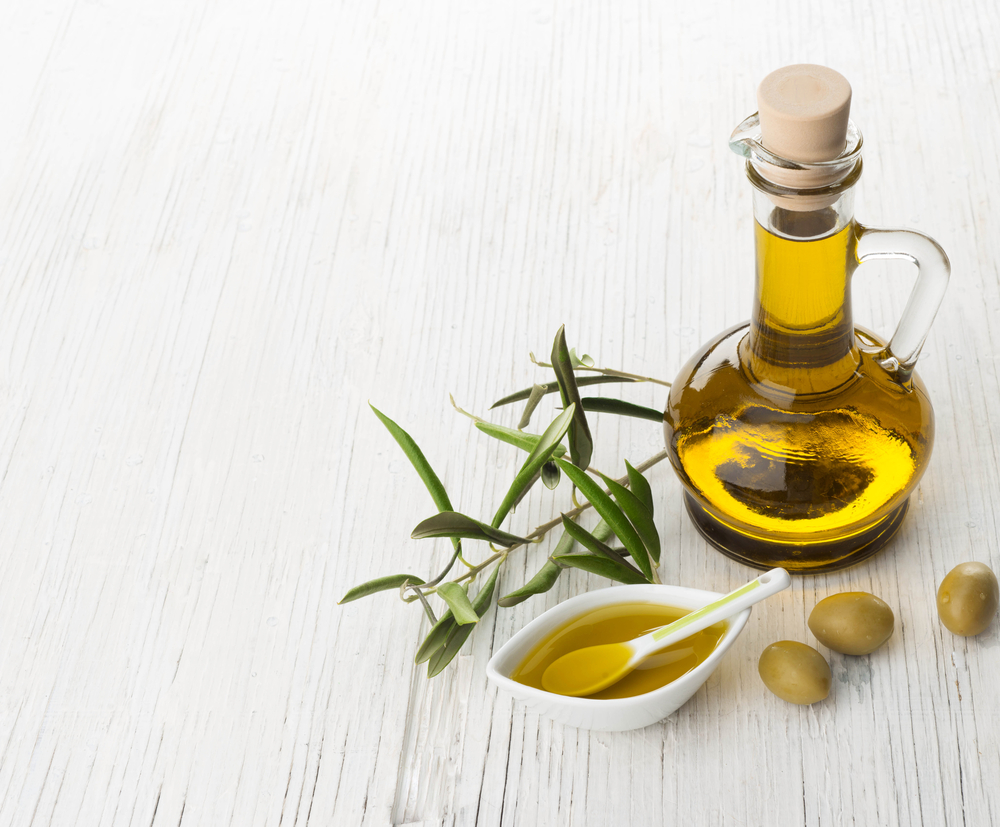


Tuscany´s gold
Combining the fact that Italy is the third biggest producer of GI products in the EU and that Italian cuisine is cherished across the globe, it is safe to say that IP infringements are imminent. This time the legal battle stems from Tuscany, Italy´s fruitful producer of wine, cheese, cold cuts and, important for this case, extra virgin olive oil.
Background of the case
On 17 November 2003, Roberto Mengozzi registered the wordmark “TOSCORO” (EUTM no: 002752509) with the EUIPO. It was the name of his line of vinegars and vinaigrettes, sold all over France and Monaco.
In 2012, Consorzio per la tutela dell’olio extravergine di oliva Toscano IGP asked EUIPO to invalidate the trademark, due to infringement of their registered geographical indication “Toscano”. The Cancellation Division deemed that there was a possibility of consumer´s confusion and declared the trademark invalid for classes 29 (“edible oils fats; edible vegetable oils, notably olive oils”) and 30 (“products for flavouring or seasoning foodstuffs, salad dressing“).
Mengozzi appealed to EUIPO´s Board of Appeal (decision R0322/2014-2 of 5 June 2015). Consorzio used the opportunity to ask for the terms “green and black olive creams” and “mayonnaise” to be added to the list of the “off-limits” terms. The appeal did not go as Mengozzi planned, as the Board of Appeal partially agreed with Consorzio. They stated that the difference between olive oil and creams deriving from olive oil was not that prominent. However, the same could not be said for mayonnaise.
Decision of the EGC
Mr. Mengozzi proceeded with the attempts to regain his trademark and took the case to the European General Court (EGC), making EUIPO his opponent and the Consorzio the intervener. The decision was rendered on 2 February 2017. The Court stated that, even though “TOSCORO” did not amount to “Toscano”, they were highly visually and phonetically similar. And, despite the applicant´s claims that Toscoro was a made-up word, that did not mean that the word did not evoke the notion of Tuscany. Taking these facts into consideration, the Court thought that the Board of Appeal did not err when thinking that the consumer might be confused when facing these products. Mr. Mengozzi continued to claim that olive oil and olive cream were not the same products. However, the EGC deduced that there was sufficient evidence that the term “olive cream” was vague enough to include creams containing olive oil. Therefore, the decision of the Board of Appeal should be upheld in its entirety.
Related
- 1 December 2017: Madrid Monitor takes its place as the one and only tool for tracking international trademarks
- 1 January 2020 - Changes in Classifications - Trademarks, Designs, Patents and Utility Models
- 100th Anniversary of Bavaria (Germany) - A glance at trademarks, start-ups, innovation & events
- 10th Anniversary Edition - 10 Things to Know about LexDellmeier - Past, Present & Future
- 15 Years LexDellmeier - 2024 New Year Wishes
- 2024 World IP Day - Building Our Common Future with Innovation and Creativity
- A guide for influencers, Part 1: Protecting your own intellectual property
- A guide for influencers, Part 2: Minding the intellectual property of others
- A new legal EU framework regulating Artificial Intelligence
- All these small Gimmicks – Trademark Infringement?
